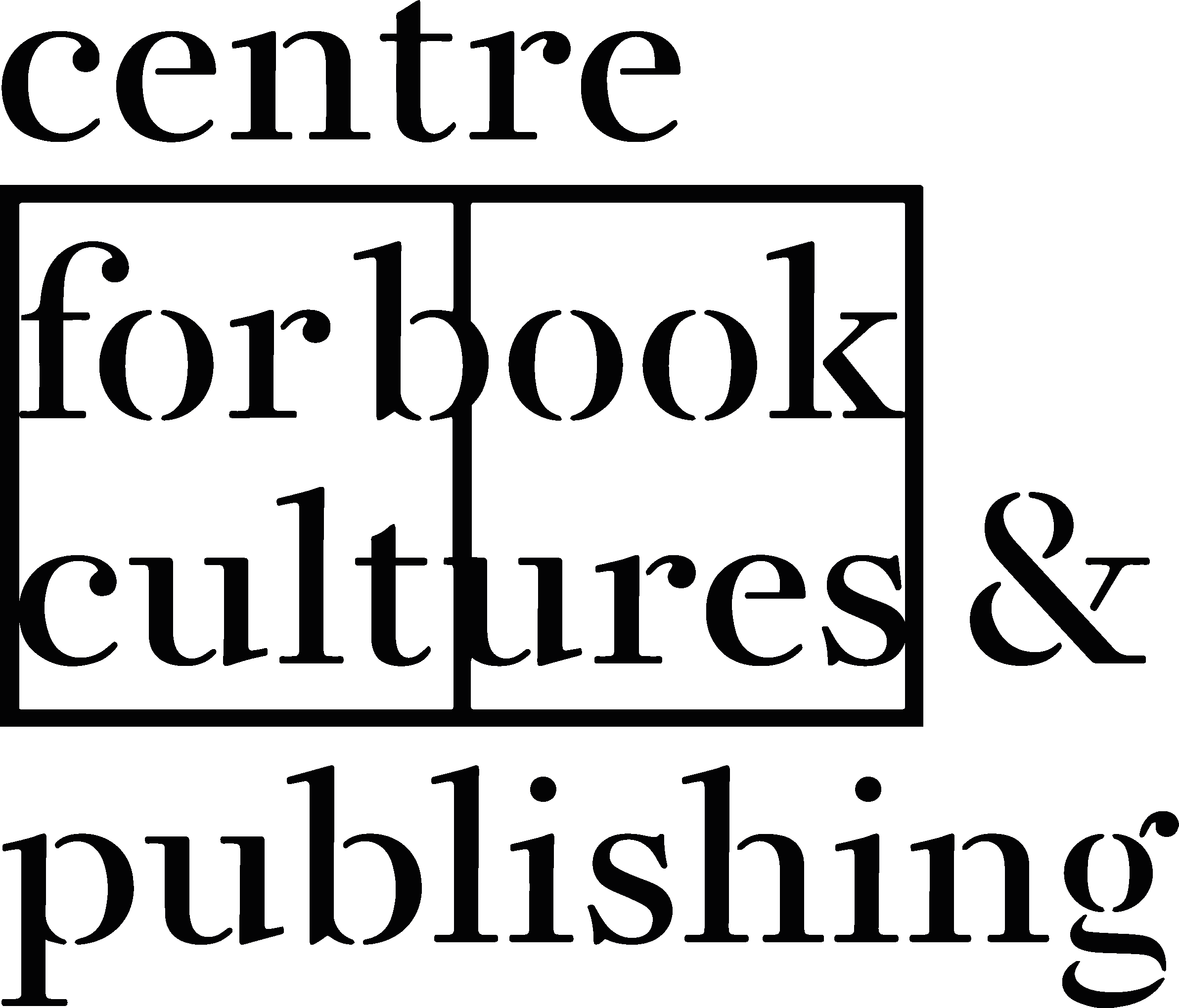By Dr Marrisa Joseph
A couple of weeks ago I received an email from my son’s nursery. Attached was a token to exchange for a book to celebrate World Book Day on 4th March 2021. I immediately got excited, to see what books were going to be on offer.
As mentioned on their website, World Book Day (WBD) is a registered charity on a mission to give every child and young person a book of their own. It’s also a celebration of authors, illustrators, books and (most importantly) it’s a celebration of reading. It’s the biggest celebration of its kind, designated by UNSECO as a worldwide celebration of books and reading, and marked in over 100 countries all over the world.
However, I was dismayed to see that the books on offer for pre-school aged children were by “celebrity” or well-known authors. Tom Fletcher is one the UK’s bestselling children’s authors, Julia Donaldson author of much-loved characters such as the Gruffalo (my son elects to be read this book every night!), established poet Joseph Coelho and Jonny Duddle who has had his books adapted for the screen on streaming services including Disney Plus and Netflix; authors who could be seen as the ones who have “made it.” The format of WBD pushes parents and children towards these particular authors, encouraging them to become fans of the books and their characters, which is likely going to encourage them to purchase other books in the future by these authors. They already have a strong following demonstrated by millions of book sales and in the case of Joseph Coelho a guest spot on popular children’s TV show. So why provide them an additional boost that they don’t particularly need?
Brand manager and literary agent, Mike Loomis wrote in 2019 that readers don’t buy books, they buy brands. To some this may be a deflating statement, but from a commercial perspective could we expect anything else? We as consumers are aware of the power of marketing, strong brands – in this case author brands – often transcend into high sales and high revenue. I’m not against big names or celebrity authors, however, my argument here is that these authors are already popular. Where is the support for the new and upcoming authors who have recently published or about to publish their debut?
In 2017, children’s previewer for The Bookseller Fiona Noble discussed that celebrity can help attract new readers and can be powerful. Celebrities and popular brands can offer familiarity, an entry point into the market for readers. Yet she criticised the range of authors chosen for World Book Day, at the time David Walliams, David Baddiel, Cerrie Burnell and Tom Fletcher were on the line up. Noble had urged publishers to look again at the choices they make; “celebrity [authors] can have a place, they shouldn’t be the staple.” Three years later we are still seeing that celebrity authors are leading the roster especially for books aimed at pre-school children.
Readers can choose to swap their £1/ €1.50 voucher for a book on the list or for a discount against another title from participating booksellers. So, it’s not as though these authors are precluded from sales. So why not allow new and upcoming children’s authors to have the excellent platform that WBD provides to give them some much needed exposure? WBD as a charity is a powerful brand of its own, does it need to have celebrity authors leading the way to engage readers? The aim is to get children reading, get them access to books that they may not have had. So, it could be argued that it doesn’t matter who the children are reading, as long as they are reading. It’s important to use a powerful marketing tool such as WBD to give the best exposure to as wide a range of authors as possible; as it’s likely the promotion and advertising budgets for the celebrity authors are already well funded by their publishers.
Let’s give it a try. A World Book Day newcomer one year could become the next years leading children’s author, as they were introduced to millions of children due to the strength of their writing, not because they were a celebrity name.
Dr Marrisa Joseph is an historian of the British publishing industry and is on the management board for the Centre for Book Cultures and Publishing at the University of Reading. She is also a Lecturer in Entrepreneurship at the Henley Business School.


